The debate between vegetarianism and omnivorous diets has been a longstanding one, with advocates on both sides presenting compelling arguments. At the heart of the discussion lies a fundamental question: which dietary pattern is healthier and more sustainable in the long run? While there is no one-size-fits-all answer, examining the nutritional, environmental, and ethical dimensions of both approaches can shed light on their respective merits and drawbacks.
Nutritional Considerations
From a nutritional standpoint, both vegetarian and omnivorous diets can be balanced and health-promoting if well-planned. Vegetarian diets, particularly those rich in whole grains, legumes, nuts, seeds, fruits, and vegetables, tend to be higher in fiber, antioxidants, and certain vitamins. They have been associated with lower risks of heart disease, hypertension, type 2 diabetes, and certain cancers. The absence of red and processed meats, which are linked to increased health risks, is often cited as a key advantage of plant-based eating.
However, omnivorous diets that include moderate amounts of lean meats, fish, eggs, and dairy can also provide complete nutrition. Animal products are dense sources of high-quality protein, vitamin B12, iron, zinc, and omega-3 fatty acids—nutrients that require careful attention in vegetarian diets. The bioavailability of these nutrients from plant sources is often lower, meaning vegetarians may need to consume larger quantities or consider fortified foods and supplements.
Environmental Impact
The environmental argument for vegetarianism is strong. Livestock production is a major contributor to greenhouse gas emissions, deforestation, and water pollution. Plant-based diets generally require fewer natural resources—less land, water, and energy—to produce equivalent amounts of food. A shift toward vegetarianism could significantly reduce an individual's carbon footprint and help mitigate climate change.
That said, not all omnivorous diets carry equal environmental burdens. Diets that emphasize sustainably raised, locally sourced animal products and incorporate substantial plant foods may have a lower impact than those reliant on industrially produced meat. The manner in which food is grown, transported, and processed often matters more than whether it comes from plants or animals.
Ethical Dimensions
For many vegetarians, the ethical treatment of animals is a primary motivator. The industrial farming system, with its confinement operations and routine use of antibiotics, raises serious welfare concerns. Choosing plant-based foods is seen as a way to avoid supporting these practices and reduce animal suffering.
Omnivores counter that ethical meat consumption is possible through careful sourcing—selecting products from farms that prioritize animal welfare, use pasture-based systems, and avoid unnecessary antibiotics. Some argue that well-managed livestock systems can actually benefit ecosystems through practices like rotational grazing that improve soil health.
Practical Considerations
Adopting a vegetarian diet requires more conscious meal planning to ensure nutritional adequacy, especially for protein, iron, calcium, and vitamin B12. Social situations and dining out can present challenges in cultures where meat consumption is the norm. However, the growing availability of plant-based options in restaurants and supermarkets is making vegetarianism increasingly accessible.
Omnivorous diets offer more flexibility and may be easier to maintain for those unwilling or unable to eliminate animal products entirely. The key is making thoughtful choices—prioritizing plant foods while selecting high-quality animal products in moderation. This balanced approach can provide nutritional benefits while minimizing environmental impact.
Sustainability in Context
When evaluating sustainability, we must consider not just environmental factors but also cultural traditions, economic realities, and individual health needs. In some regions, livestock represents a crucial source of nutrition and livelihood that cannot be easily replaced. For others, plant-based diets align better with local resources and traditions.
The most sustainable diet may not be an absolute choice between vegetarianism and omnivorism, but rather a spectrum of possibilities that emphasizes whole, minimally processed foods from ethical sources—whether plant or animal. Reducing food waste and choosing seasonal, local products can have as much impact as the decision to eat meat or not.
Looking Forward
As the global population grows and environmental pressures intensify, dietary patterns will need to evolve. While vegetarian diets show promise for reducing environmental impact, they may not be practical or desirable for everyone. The development of more sustainable meat production methods and alternative protein sources could help bridge this divide.
Ultimately, the healthiest and most sustainable diet is one that provides adequate nutrition while aligning with personal values and environmental concerns. Whether vegetarian or omnivorous, mindful eating habits that prioritize whole foods and minimize waste offer a path forward that benefits both people and the planet.

By /Jun 5, 2025

By /Jun 5, 2025

By /Jun 5, 2025

By /Jun 5, 2025

By /Jun 5, 2025

By /Jun 5, 2025
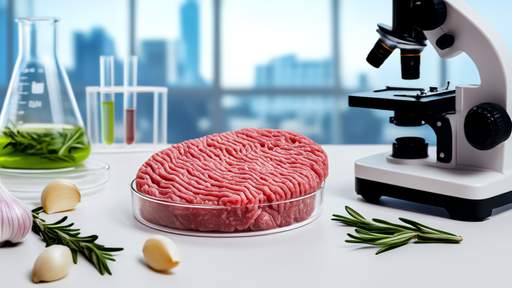
By /Jun 5, 2025
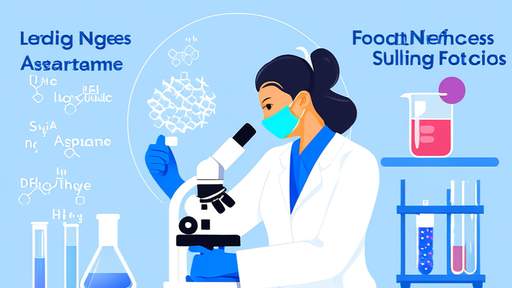
By /Jun 5, 2025

By /Jun 5, 2025
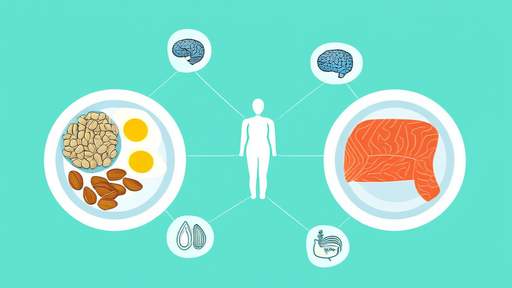
By /Jun 5, 2025
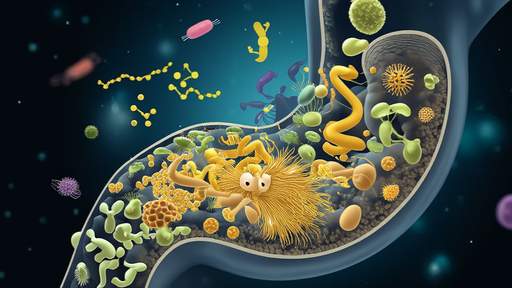
By /Jun 5, 2025
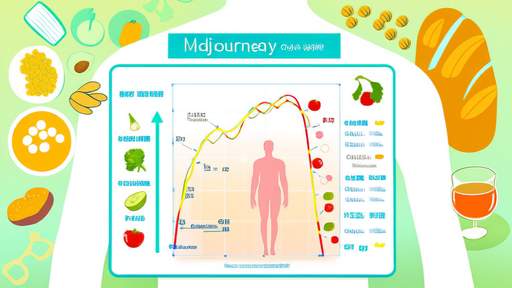
By /Jun 5, 2025

By /Jun 5, 2025

By /Jun 5, 2025

By /Jun 5, 2025

By /Jun 5, 2025

By /Jun 5, 2025

By /Jun 5, 2025

By /Jun 5, 2025

By /Jun 5, 2025